浏览345次
时间:2017年4月12日 10:03
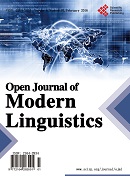 Open Journal of Modern Linguistics现代语言学
Open Journal of Modern Linguistics现代语言学
ISSN Print: 2164-2818
ISSN Online: 2164-2834
Aims & Scope
Open Journal of Modern Linguistics (OJML) is an international journal dedicated to the latest advancements in modern linguistics. The goal of this journal is to provide a platform for scientists and academicians all over the world to promote, share, and discuss various new issues and developments in different areas of modern linguistics.
All manuscripts must be prepared in English and are subject to a rigorous and fair peer-review process. Generally, accepted papers will appear online within 3 weeks followed by printed hard copy. The journal publishes original papers including but not limited to the following fields:
· Applied Linguistics
Anthropological Linguistics
Bilingualism
Biolinguistics
Computational Linguistics
Corpus Linguistics
Cosmic Linguistics
Discourse Analysis
Educational Linguistics
Ethnolinguistics
Experimental Linguistics
Forensic Linguistics
Internet Linguistics
Language Acquisition
Language and Technology
Language Assessment
Language Assessment and Evaluation
Language Development
Language Education
Language Planning and Policy
Language Teaching
Lexicography
Neurolinguistics
Pragmatics
Psycholinguistics
Second Language Acquisition
Translation Studies
· Theoretical Linguistics
Clinical Linguistics
Cognitive Linguistics
Comparative Linguistics
Contextual Study
Descriptive Linguistics
Developmental Linguistics
Diachronic Linguistics
Dialectology
Etymology
Evolutionary Linguistics
Functional Linguistics
General Linguistics and Microlinguistics
Generative Linguistics
Geolinguistics
Grammatology
Graphemics
Graphetics
Historical Linguistics
Lexicology
Linguistic Typology
Mathematical Linguistics
Morphology
Paralinguistics
Philology
Phonetics
Phonology
Quantitative Linguistics
Rhetoric
Semantics
Sociolinguistics
Statistical Linguistics
Stylistics
Synchronic Linguistics
Syntax
Text Linguistics
Typological Linguistics
We are also interested in:
1) Short Reports—2-5 page papers where an author can present either preliminary data or an idea with theoretical background but has not yet completed the research needed for a complete paper;
2) Book Reviews—Comments and critiques.

 Open Journal of Modern Linguistics现代语言学
Open Journal of Modern Linguistics现代语言学 《喜剧世界》省级,旬刊,知网收录
《喜剧世界》省级,旬刊,知网收录 《视界观》省级,半月刊,知网收录
《视界观》省级,半月刊,知网收录 喜迎双旦,特价征稿,直击底价,后惠无期。
喜迎双旦,特价征稿,直击底价,后惠无期。 《报刊荟萃》省级 月刊 上知网
《报刊荟萃》省级 月刊 上知网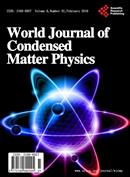 世界凝聚态物理杂志World Journal of Co...
世界凝聚态物理杂志World Journal of Co...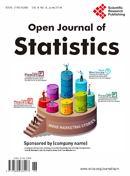 统计学报Open Journal of Statistics
统计学报Open Journal of Statistics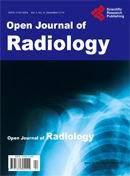 放射学杂志Open Journal of Radiology
放射学杂志Open Journal of Radiology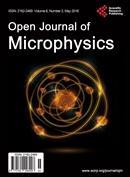 微观物理学杂志/粒子物理学报Open Journ...
微观物理学杂志/粒子物理学报Open Journ...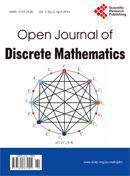 离散数学杂志Open Journal of Discrete ...
离散数学杂志Open Journal of Discrete ...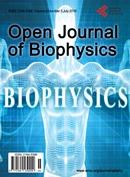 生物物理学报Open Journal of Biophysics
生物物理学报Open Journal of Biophysics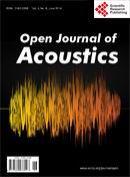 声学学报Open Journal of Acoustics
声学学报Open Journal of Acoustics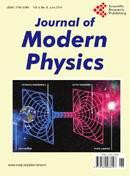 现代物理学杂志Journal of Modern Physics
现代物理学杂志Journal of Modern Physics